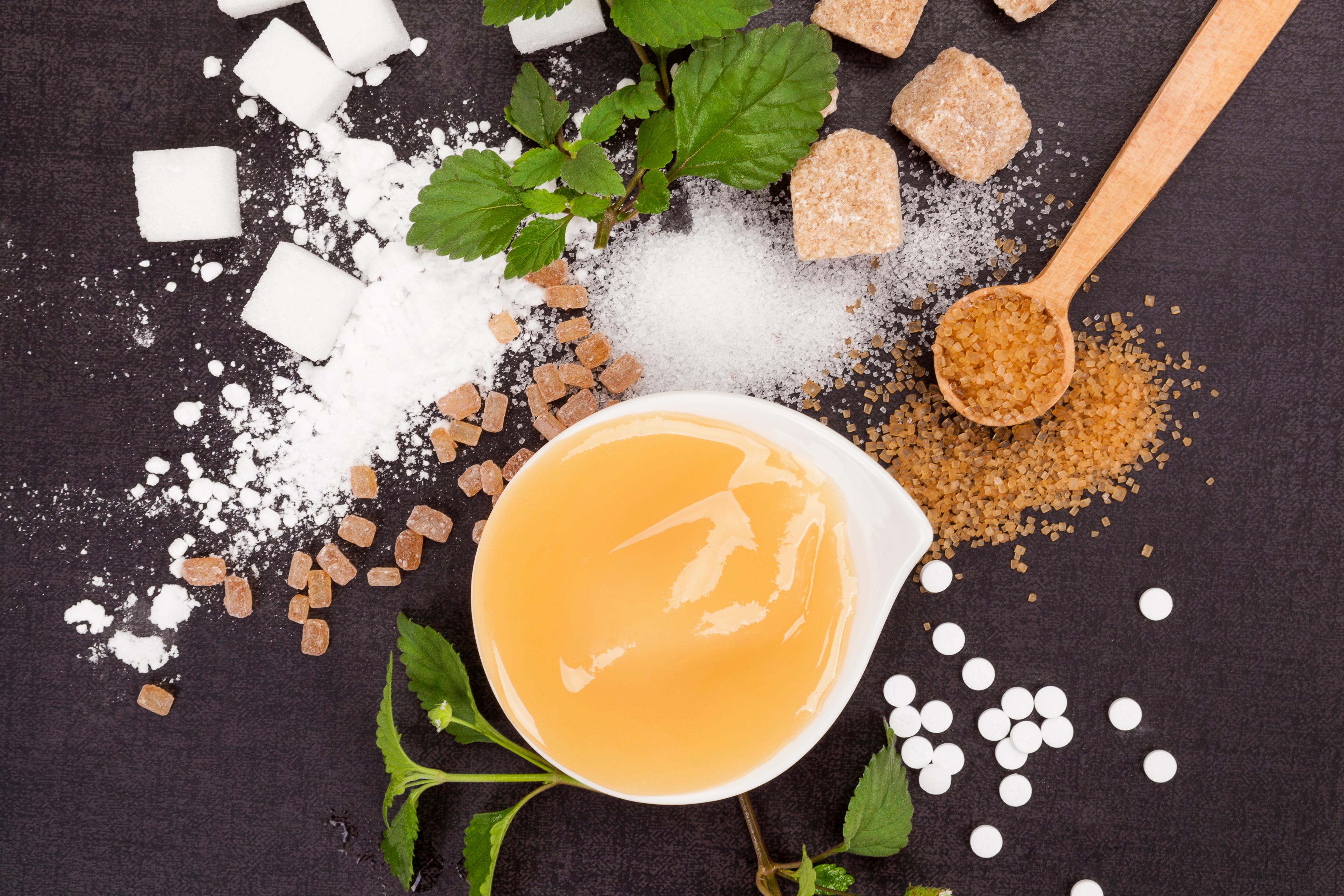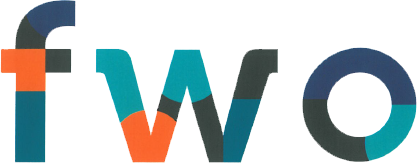GlycoProFit

Cost-efficient synthesis of health-promoting glycobioses
Why this project?
Eating fats is acceptable again, but sugar is now considered the biggest villain when it comes to obesity and diabetes. This is why there is a great deal of interest in replacing sucrose with healthier alternatives. There has been a lot of research the past few years on several natural sugars, including tagatose and allulose, which are digested differently than regular sucrose and which also makes them lower in calories. They are found naturally in several food products, including fruit and honey, but also in thermally treated and/or fermented (dairy) products, such as beer, (rice) wine and yoghurt. Since there are only (very) low amounts of these sugars in these products, extraction from the source is not economically feasible and the commercial applications have so far been limited. But the development of new bio-technological production processes has made it possible to make tagatose and allulose from very common, natural and affordable substrates. This made them available for research and they later found their way into foods.
Ghent University recently developed a bio-technological production process that uses an enzyme to create the sugar kojibiose from sucrose. Kojibiose is a natural disaccharide whose name is reminiscent of ‘Koji’, the common name for Aspergillus oryzae, the mould used to make saké and Japanese flavourings. This is a significant milestone, as this is the first technique to generate large quantities of kojibiose, which makes it possible to inventory its qualities. Yet another step closer to new alternative sweeteners!
Research approach
GlycoProFit is a collective, fundamental research project (type SBO). The kojibiose process was the starting point of this project. This project aims to expand technology to produce a whole arsenal of alternative sugars and map out their potential as functional ingredients for food. Specifically, we want to obtain this objective by:
- Generating new variants of the enzyme so that, in addition to kojibiose (α-1,2-glucobiose), other alternative sugars, such as trehalose (α-1,1-α-glucobiose) and nigerose (α-1,3-glucobiose), can be produced in a cost-efficient manner.
- Producing analogues and derivatives of these new sugars.
- Carrying out a detailed in vitro analysis of these new sugars to map out the nutritional benefits in comparison to traditional sugar. The cariogenic effect, the caloric value and the prebiotic properties will be examined.
- Creating a flavour and texture profile of the best candidate sugar replacements.
Expected results and target group
The GlycoProFit project wants to fine tune a cost-efficient and sustainable production process for the production of a whole range of natural sugars which have been examined for their health benefits and applications in food. Depending on the results, these sugars can be used as a low-calorie or tooth-friendly sugar alternative in food products, as prebiotic ingredient or as an additive in animal feed. The GlycoProFit target groups include ingredient suppliers and (animal) food-processing companies. The researchers in this project are supported by an industrial advice commission that will help ensure that this research will find its way to applications in the industry faster.

Project Partners
The GlycoProFit project is being carried out by five different research groups from Ghent University:
- Center for Synthetic Biology (CSB), Unit for Biocatalysis and Enzyme Engineering (GlycoDirect), under the supervision of Prof. Dr. Tom Desmet
- Unit for Food Chemistry and Human Nutrition (NutriFOODChem), under the supervision of Prof. Dr. John Van Camp
- Center for Microbial Ecology and Technology (CMET), under the supervision of Prof. Dr. Tom Van de Wiele
- Food Structure & Function Research Group (LabFSF) (new name of the Laboratory of Food Technology and Engineering, LabFTE), under the supervision of Prof. Dr. Koen Dewettinck
- Laboratory for Organic and Bioorganic synthesis (LOBOS), under the supervision of Prof. Dr. Johan Van der Eycken
Articles

From apple tree to innovation: meet B3ET




